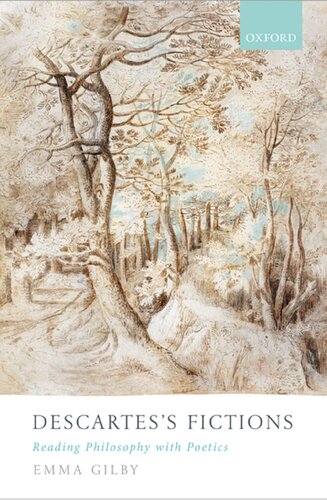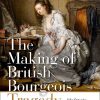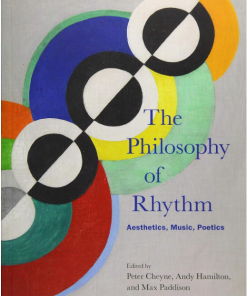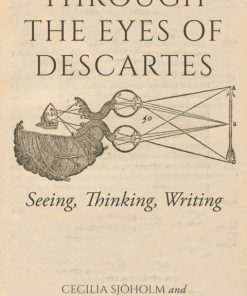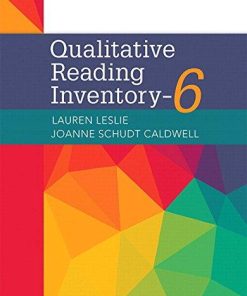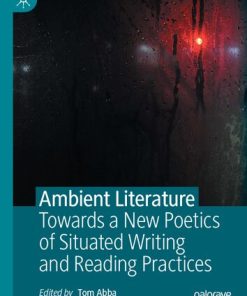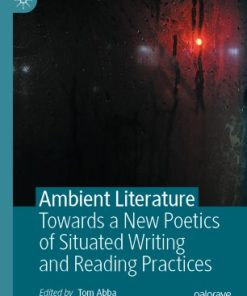Descartes’s Fictions: Reading Philosophy with Poetics Emma Gilby
$50.00 Original price was: $50.00.$25.00Current price is: $25.00.
Descartes’s Fictions: Reading Philosophy with Poetics – Ebook Instant Download/Delivery ISBN(s): 9780198831891,0198831897
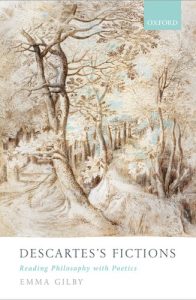
Product details:
- ISBN-10 : 0198831897
- ISBN-13 : 978-0198831891
- Author: Emma Gilby
Descartes’s Fictions traces common movements in early modern philosophy and literary method. Emma Gilby reassesses the significance of Descartes’s writing by bringing his philosophical output into contact with the literary treatises, exempla, and debates of his age. She argues that humanist theorizing about poetics represents a vital intellectual context for Descartes’s work. She offers readings of the controversies to which this poetic theory gives rise, with particular reference to the genre of tragicomedy, questions of verisimilitude or plausibility, and the figures of Guez de Balzac and Pierre Corneille. Drawing on what Descartes says about, and to, his many contemporaries and correspondents embedded in the early modern republic of letters, this volume shows that poetics provides a repository of themes and images to which he returns repeatedly: fortune, method, error, providence, passion, and imagination, for instance. Like the poets and theorists of his age, Descartes is also drawn to the forms of attention that people may bring to his work. This interest finds expression in the mature Cartesian metaphysics of the Meditations, as well as, later, in the moral philosophy of his correspondence with Elisabeth of Bohemia or the Passions of the Soul. This volume thus bridges the gap between Cartesian criticism and late-humanist literary culture in France.
Table contents:
Part I: Debating Poetics
1. Reading Rhetoric and Poetics
Poetry and Wisdom
Renaissance Receptions
Descartes’s Schooling
2. The Paris Context
Descartes and Balzac
Tragicomedy and Verisimilitude
3. Responses to Balzac
A Case Study in Praise: Balzac/Ogier
A Case Study in Blame: Goulu
Descartes’s Response
Part II: ‘Discourons’
4. Balzac’s ‘Discours à Descartes’
The First ‘Discours’
The Second ‘Discours’
The Third ‘Discours’
5. Order and Method
Descartes as Ethical Thinker
‘Par Provision’
6. Judging Well
Mersenne and Medea
Descartes and Corneille
Part III: Changing Minds
7. Attentiveness and Indifference
The Problem of Error
To Assent or not to Assent?
Indifference and Tragedy
8. Contemplating the Divine
God as Jupiter or Saturn: The Eternal Truths
Univocity
9. Providence and the Passions
The Sovereign Analogy
The Duelling Gentlemen
10. The Uses of Theatre
Diverting Our Minds
On Tragedy
The Passions De L’âme (1649)
Conclusion
Bibliography
Index
People also search:
descartes philosophical writings
descartes philosophical ideas
philosophy descartes quizlet
the philosophical writings of descartes pdf
best descartes book
books on descartes
rene descartes philosophy books
You may also like…
Politics & Philosophy - European & American Philosophy
Education Studies & Teaching - Academic Administration
Uncategorized
Qualitative Reading Inventory-6 with Enhanced Pearson By Lauren Leslie, JoAnne Caldwell
Fiction - Historical
Uncategorized
Politics & Philosophy - Anthropology
Politics & Philosophy - Anthropology


